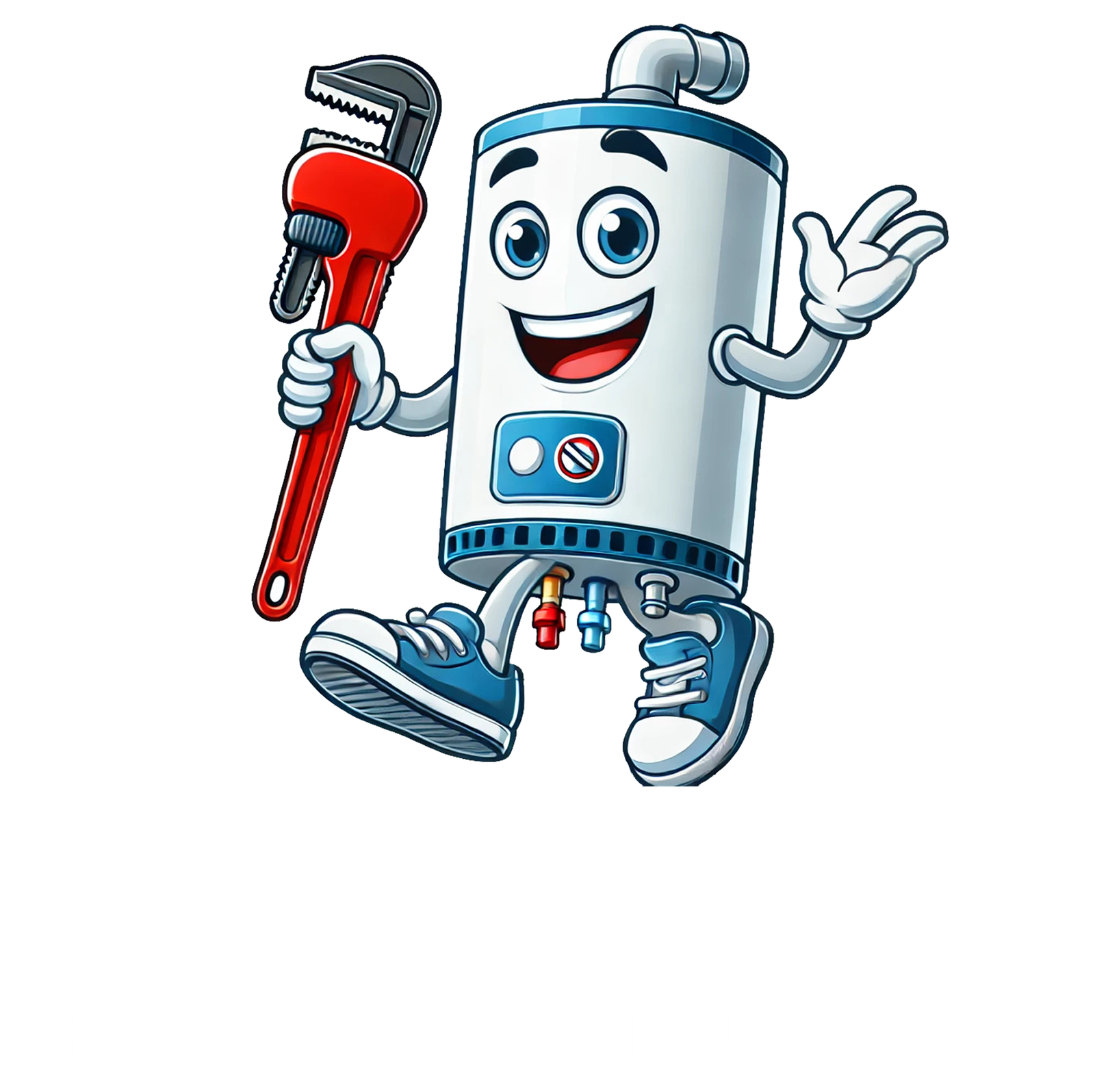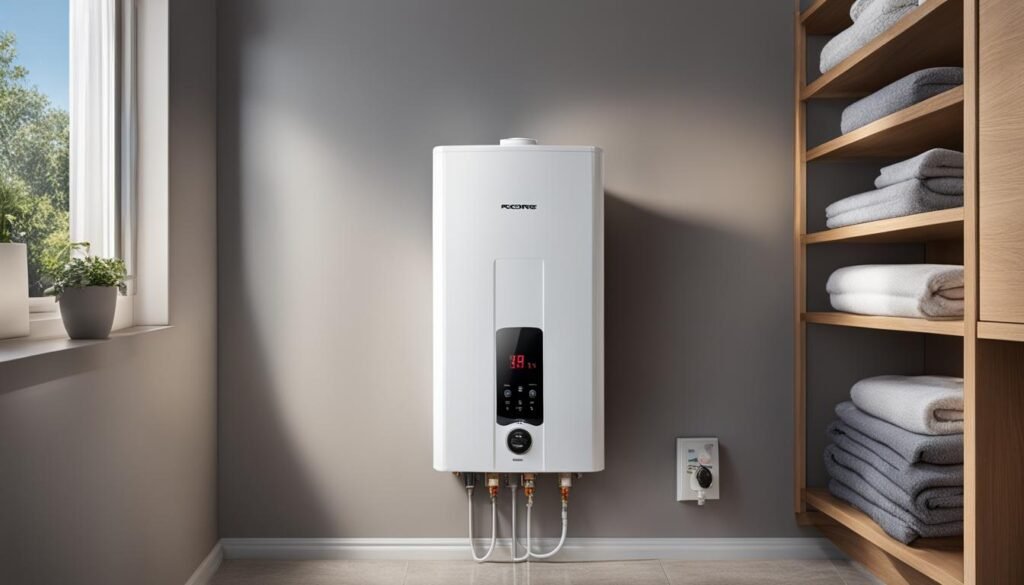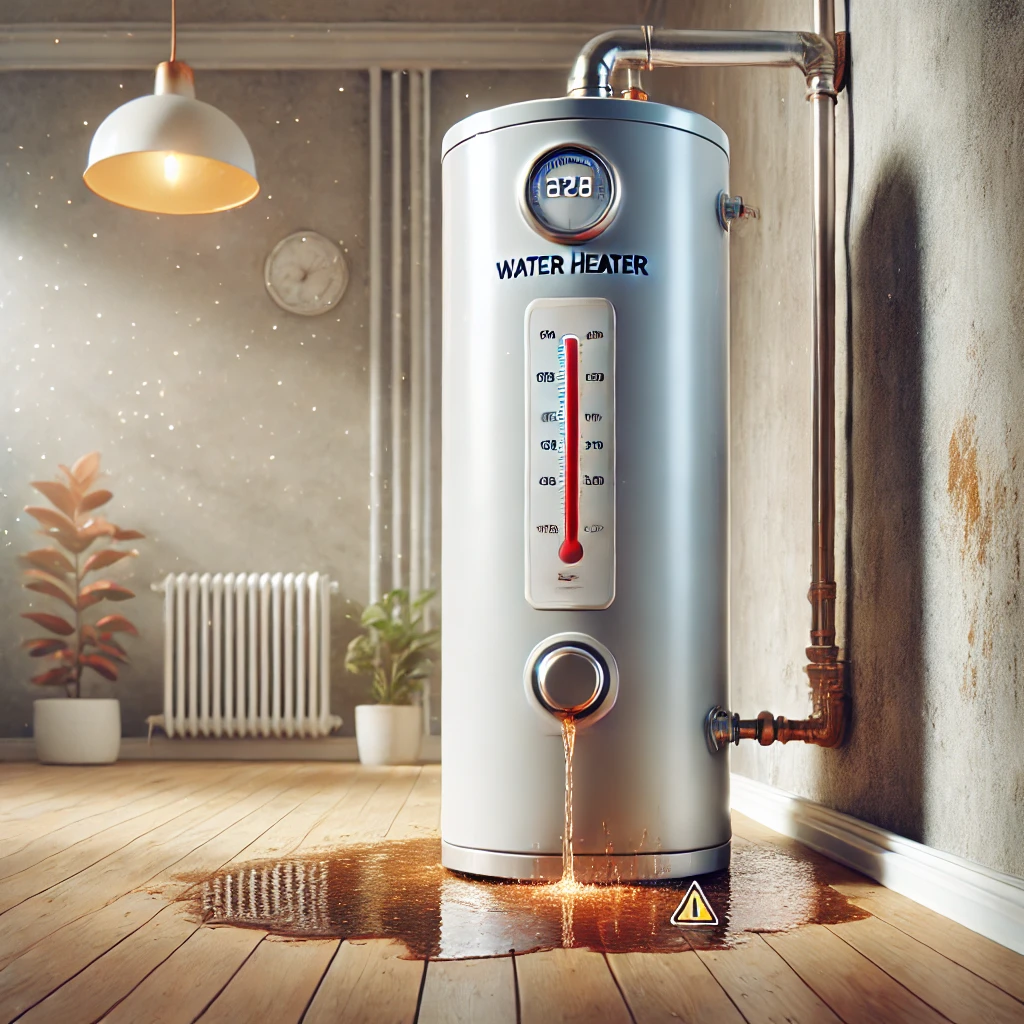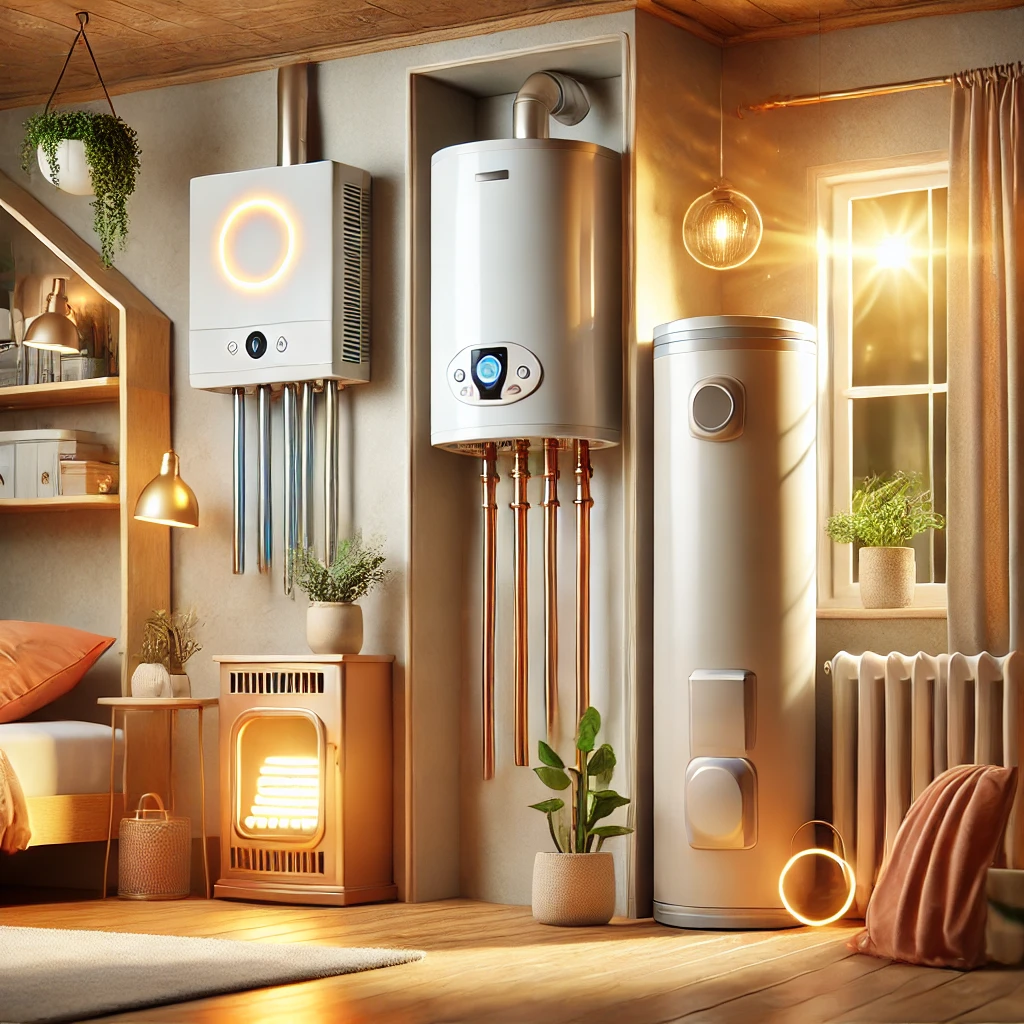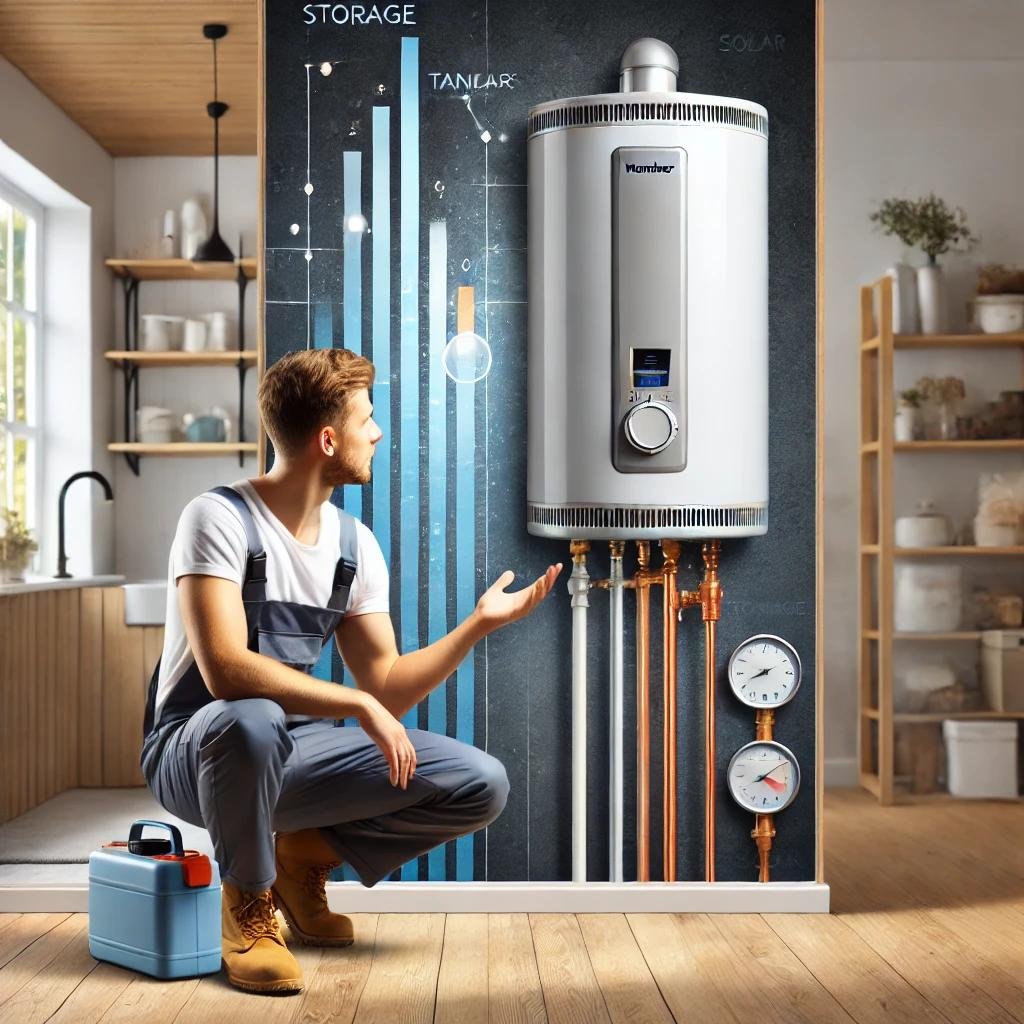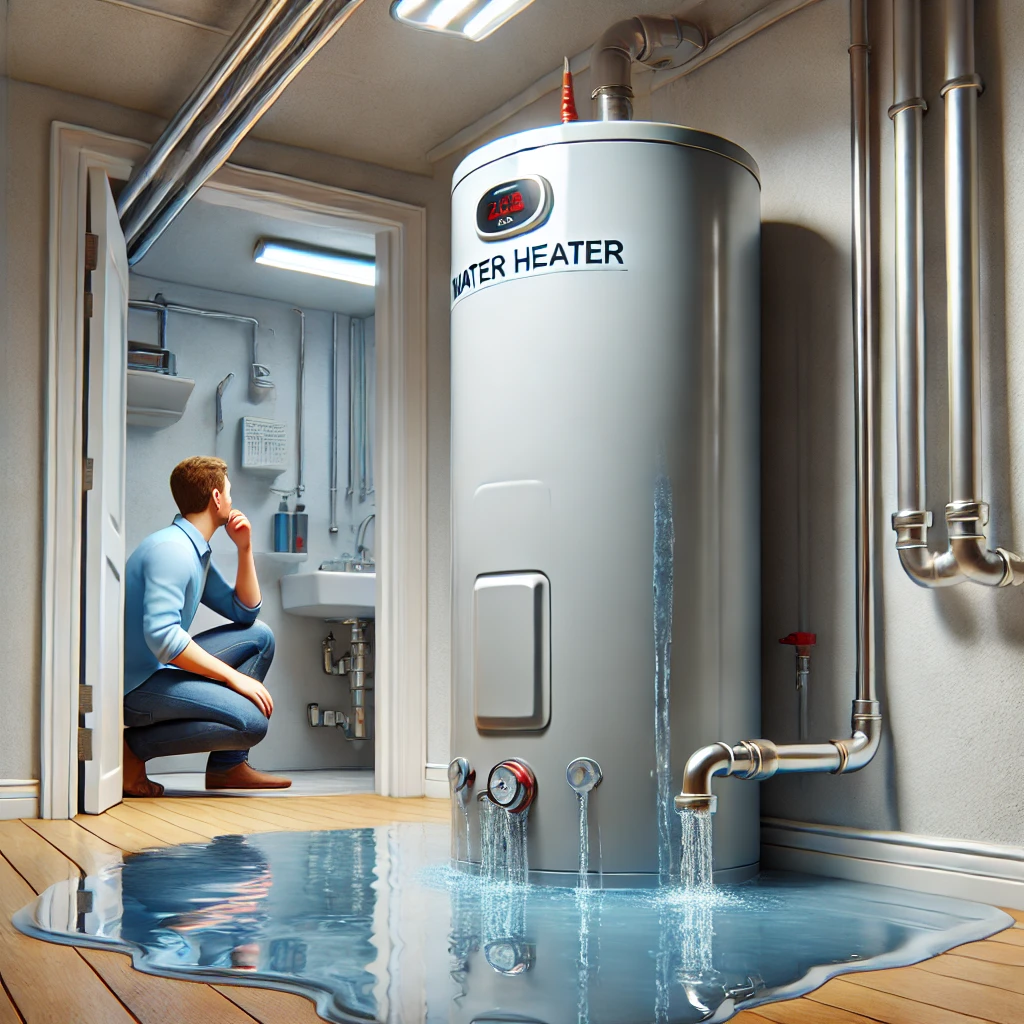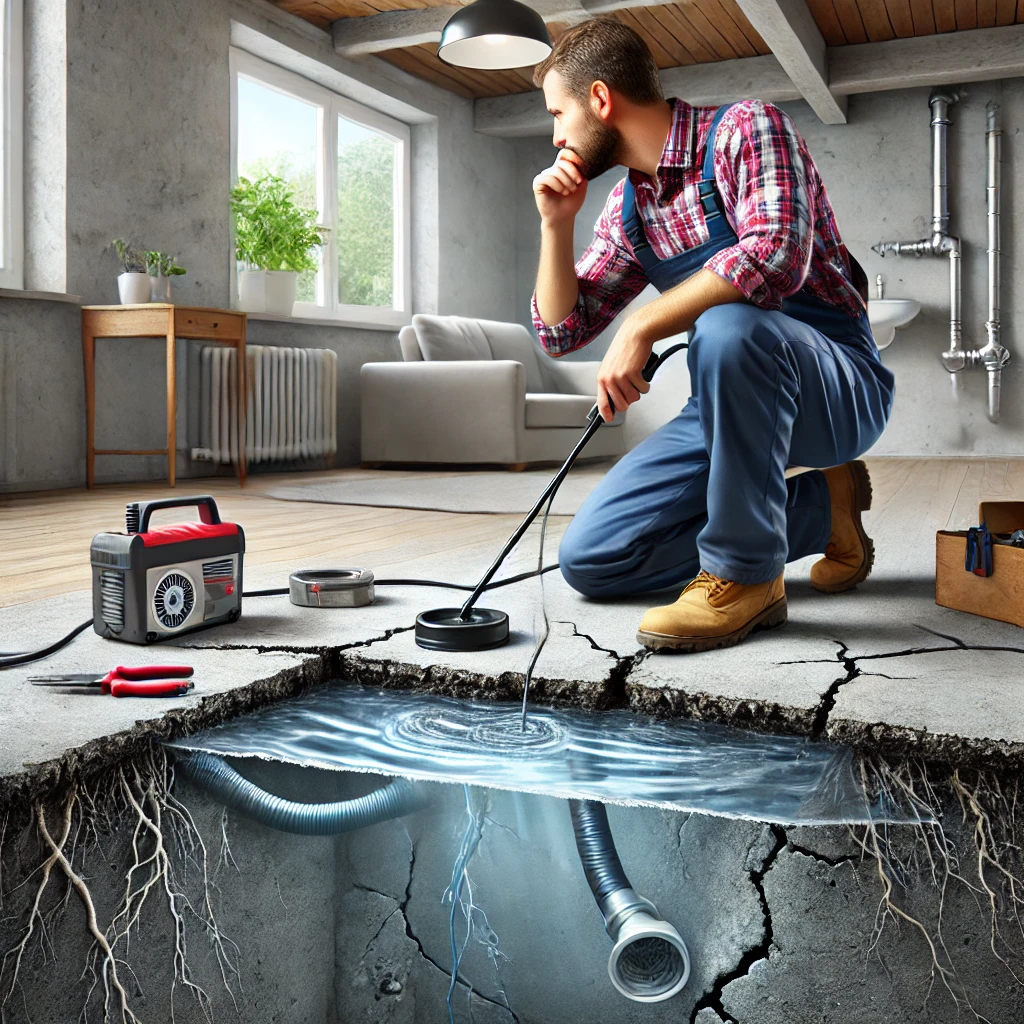Introduction: Choosing the right water heater is a critical decision for any homeowner. The right unit can provide reliable hot water for years while helping you save on energy costs. With various options available, including traditional tank water heaters, tankless systems, and even solar-powered models, it can be challenging to know which one is best for your home. This comprehensive guide will walk you through the different types of water heaters, the factors you need to consider, and how to make the best choice for your specific needs.
Types of Water Heaters:
- Traditional Tank Water Heaters: These are the most common water heaters found in homes. They store and heat a large volume of water in a tank, which is ready to be used whenever you need it. While these models are generally more affordable to purchase and install, they can be less energy-efficient since they continuously heat the water, even when not in use.
- Pros: Lower upfront cost, reliable hot water supply.
- Cons: Higher energy usage, takes up more space.
- Tankless Water Heaters: Also known as on-demand water heaters, tankless units heat water only when it’s needed. These systems are more energy-efficient because they don’t have to maintain a large reservoir of hot water. However, they typically have a higher upfront cost and may require upgrades to your home’s electrical or gas systems.
- Pros: Energy-efficient, unlimited hot water supply, compact design.
- Cons: Higher installation cost, may not provide enough hot water for simultaneous use in larger households.
- Heat Pump Water Heaters: These units use electricity to move heat from the air or ground to heat water, making them highly energy-efficient. They can be more expensive upfront but offer significant savings on energy bills over time. However, they work best in warmer climates and require more space due to their larger size.
- Pros: Highly energy-efficient, lower operating costs.
- Cons: Higher initial cost, requires ample space.
- Solar Water Heaters: Solar water heaters use energy from the sun to heat water, making them an eco-friendly option. These systems typically include solar panels and a backup heating system for cloudy days or times of high demand. While the initial cost can be high, the long-term energy savings and environmental benefits can make them a worthwhile investment.
- Pros: Environmentally friendly, significant energy savings.
- Cons: High upfront cost, dependent on sunlight.
Factors to Consider When Choosing a Water Heater:
- Fuel Type: Consider whether you want a water heater powered by electricity, natural gas, propane, or solar energy. The availability of these fuel sources in your area and their associated costs will play a significant role in your decision.
- Capacity: The size of your household and your daily hot water usage will determine the appropriate capacity for your water heater. For traditional tank models, choose a unit that can hold enough water to meet your peak demand. For tankless systems, consider the flow rate and how many fixtures will be using hot water simultaneously.
- Energy Efficiency: Look for energy-efficient models that will help reduce your utility bills over time. The Energy Factor (EF) rating indicates how efficiently the water heater converts energy into hot water. Higher EF ratings mean better energy efficiency.
- Installation Costs: The initial cost of the water heater isn’t the only expense to consider. Installation costs can vary depending on the type of water heater, any necessary upgrades to your home’s plumbing or electrical systems, and the complexity of the installation.
- Maintenance Requirements: Some water heaters require more maintenance than others. For example, tankless systems and solar water heaters may need regular inspections and cleaning to ensure optimal performance.
When to Replace Your Water Heater: Knowing when to replace your existing water heater can save you from unexpected breakdowns and ensure you have reliable hot water. Here are some signs that it’s time to consider a replacement:
- Age: Most traditional water heaters have a lifespan of 8-12 years. If your unit is nearing the end of its lifespan, it may be time to upgrade to a more efficient model.
- Inconsistent Hot Water: If your water heater is struggling to provide enough hot water or takes longer to heat up, it could be a sign of wear and tear.
- Rusty Water: If you notice rusty or discolored water coming from your hot water tap, it could indicate corrosion inside the tank.
- Strange Noises: Banging or rumbling sounds from your water heater may suggest sediment buildup or internal damage.
Conclusion: Choosing the right water heater involves considering your household’s needs, your budget, and your energy efficiency goals. By understanding the different types of water heaters and weighing the factors that matter most to you, you can make an informed decision that ensures reliable hot water for years to come. For professional advice and installation services, contact Asap Water Heater and Plumbing today.
